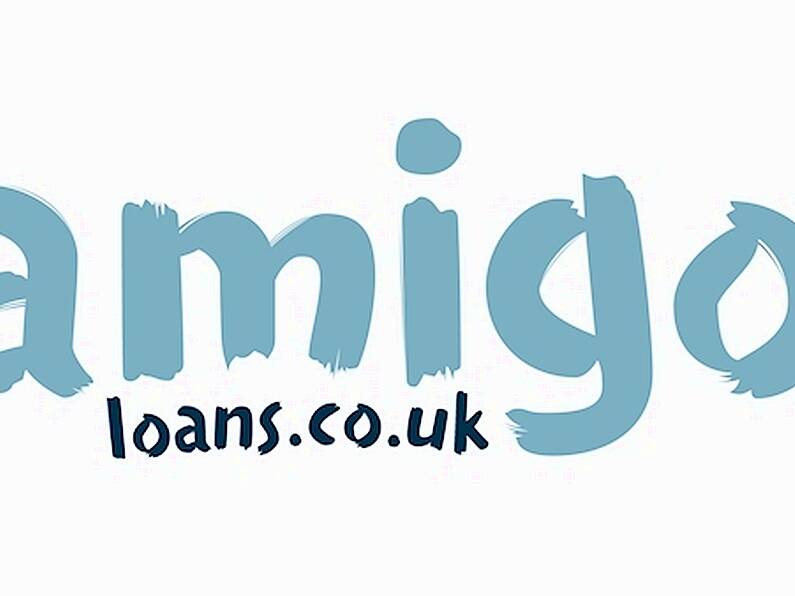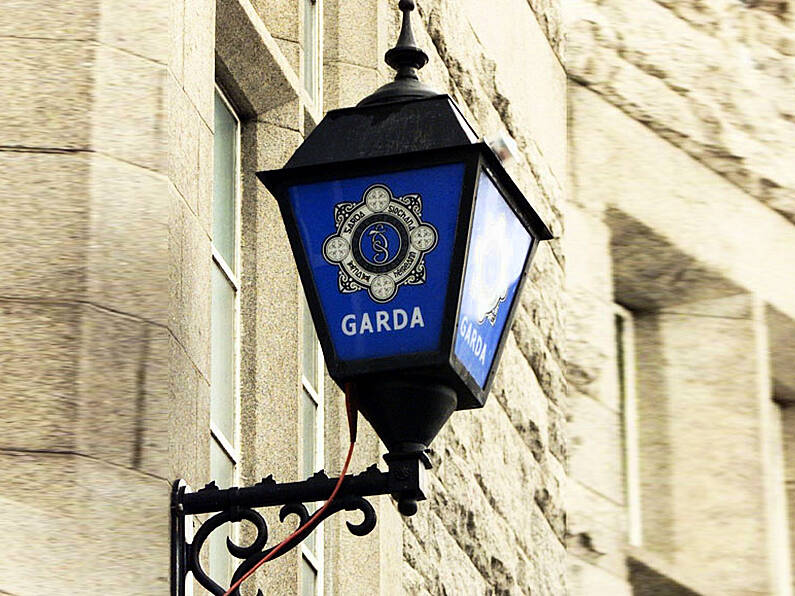A cap on moneylender rates may be considered after concerns were raised about an authorised British firm asking borrowers here to pay back interest of almost 50% on loans.
Sinn Fein's Mary Lou McDonald said the rate charged by Amigo Loans was “state-sponsored robbery” especially for anxious families in the run-up to Christmas.
She told the Dáil moneylenders were “getting rich on the back of people” trying to provide for their families.
“There is an urgent need to introduce a cap on the interest rates these types of outfits can charge," she said.
"There is also a need for more wide-ranging reform of the regulation of moneylenders and the policing of illegal loan sharks.”
Amigo Loans will start offering loans here in early 2019 at an interest rate of almost 50%. The UK money lender has received a license to operate here by the Central Bank.
Amigo will offer loans to “people with bad credit,” reports said.
Amigo says it requires loans to have a guarantor, typically friends or family. In the UK, Amigo allows people with bad credit history to access loans of up to St£10,000 within 24 hours.
Ms McDonald said there was no excuse for the state standing over sanctioning such firms. The licensing of them was “nothing short of disgraceful”, she argued adding there was need for a cap.
“For so many families, there is no alternative bar these vultures,” she told the Dáil chamber.
Taoiseach Leo Varadkar agreed that the rate was high and said borrowers should try and seek alternatives, such as low-cost loans through credit unions.
Legislation could be examined, he said, but there was also the issue of restricting people's freedom to borrow.
“Perhaps we need to do that,” he said, adding that it might be necessary to “get the balance right” when it came to restricting the freedom of choice of people in order to protect themselves.
The Central Bank said it is currently reviewing rules for moneylenders following a public consultation in March. The regulator is proposing to restrict the promotion of moneylending by targeted advertising or unsolicited contact.
Furthermore, it has suggested putting in place a specific limit on how much of a consumer’s income can be devoted to paying off high-cost moneylending agreements.
The Central Bank said that it was also proposing measures to “reduce the possibility of consumers over-extending themselves in relation to this form of credit".
A report for University College Cork only this month proposed that strict controls should be introduced to protect vulnerable consumers from being hit with high-interest rates of up to 300%.
The Centre for Co-operative Studies set out how most customers of moneylending firms are female, from lower socio-economic backgrounds and are inclined to use home credit loans to cover costs such back-to-school needs as well as Christmas or emergency household spends.






